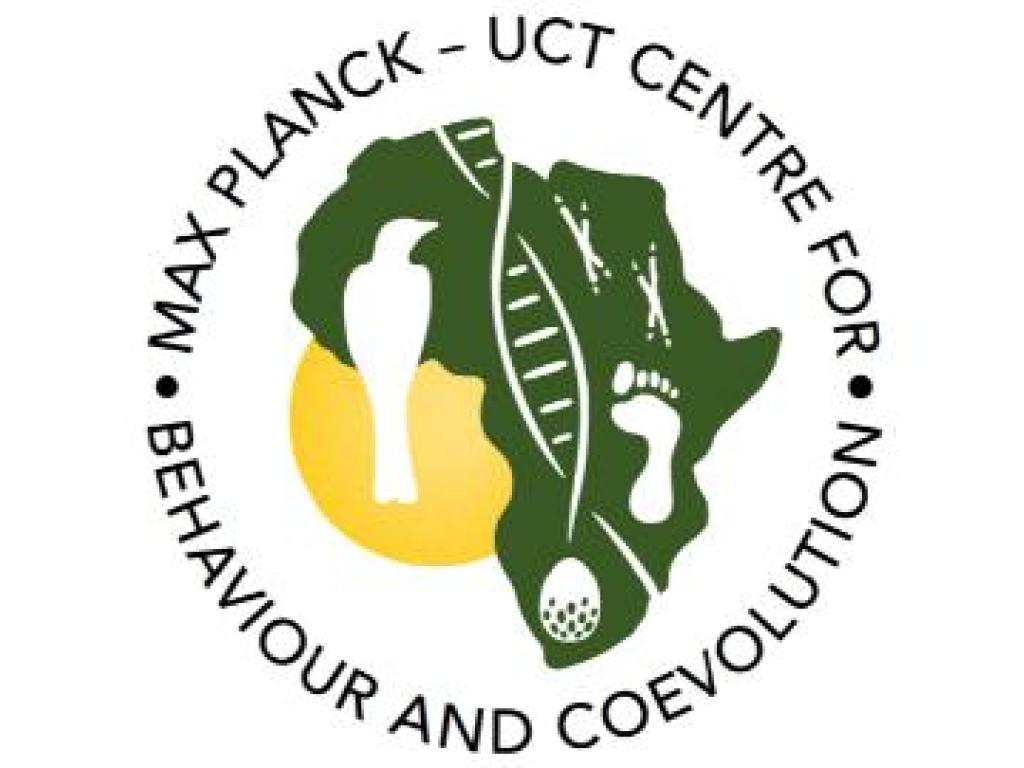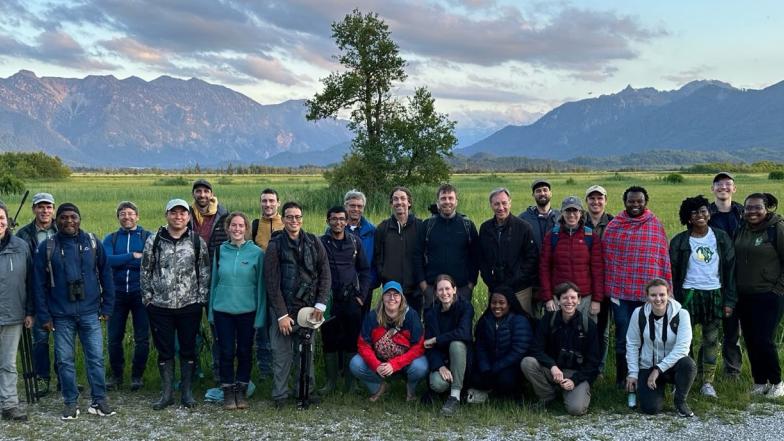First Max Planck Centre in Africa

The logo of the Max Planck–University of Cape Town Centre for Behaviour and Coevolution, designed by David Lloyd-Jones and Jess Lund.

We are delighted to announce the launch of the Max Planck–University of Cape Town Centre for Behaviour and Coevolution, a collaborative venture of the FitzPatrick Institute of African Ornithology and the Max Planck Institute for Biological Intelligence (MPIBI). The new centre joins the Max Planck Society’s 17 other virtual centres of excellence around the world, but stands out as the very first in Africa and only the second in the Global South. The centre is funded for five years in the first instance and will be jointly led by Co-Directors Claire Spottiswoode at the Fitz and Bart Kempenaers at the MPIBI in Germany.
The new centre’s research focus will be the ecology, evolution, and conservation of species interactions, mainly in Africa. It will strengthen existing research partnerships in countries such as Zambia and Mozambique, as well as forge new ones. Priorities for the centre will be to support the development of young, emerging biologists in Africa and to encourage scientific collaboration within Africa and between Africa and Europe.
The centre was officially opened with a ceremony and scientific workshop at the MPIBI at Seewiesen, in the Bavarian foothills of the Alps in Germany, in mid-June. A cohort of Fitz staff and students travelled for the opening and had the opportunity to meet and further plan collaborations with our new partners.
